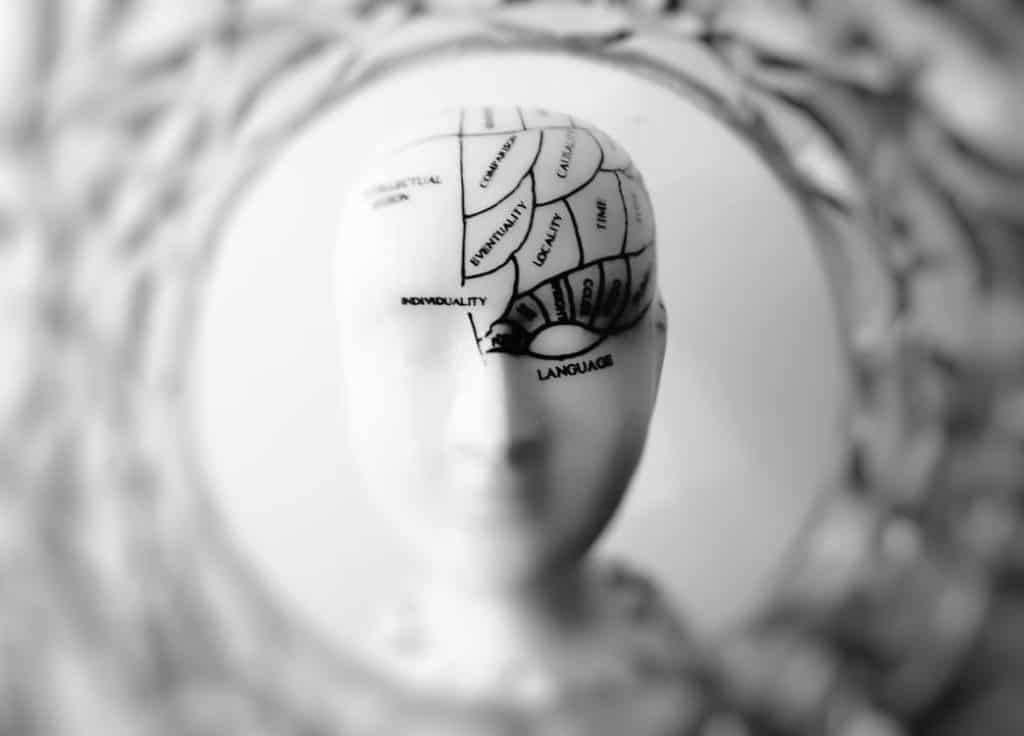The number of drug overdoses in 2018 was more than that of fatal car accidents for the first time ever which has been a motivator in modern medicine’s pursuits into understanding addiction every way possible. From psychology to chemistry, medical research has been ramping up around the phenomenon known as addiction as it has also become a tangible influence on health expectancy in the United States at large.
One of the areas providing insights into substance use disorders has been neurobiology, the study of the biology of the brain and nervous system. Researchers in the field of medicine and science believe that better understanding the functions of the brain will lead to medications and therapy that work for all addictions, even non-drug addictions.
“The United States is a drug country. Over 200 million opioid painkiller prescriptions are still written each year,” Yasmin Hurd, director of the Mount Sinai Addiction Institute said, gesturing one of the key reasons their research into genetics in neurobiology was organized. The research into such areas of the brain in relation to addiction has come a long way. “We started on this track of studying post-mortem human brains. Now we’re studying these [transcription factors] on a more biochemical level,” Yasmin added, reflecting on years studying the subject.
Hurd’s most recent project explored the role of bromodomain and extra-terminal motif (BET) inhibitors, one of many hopeful kinds of drugs looking to battle the addiction crisis. The drugs are designed to inhibit specific protein sensors are normally associated with cancer research. Inspired by the findings of cancer researchers, Hurd’s team has applied those findings attempting to identify similar BET compounds that can be used to treat addictions such as heroin.
Of course this is just one facet into the research Hurd has embarked on over the years that has lead to this most recent study. A more notable part of Yasmin’s research has been in studying animal behaviors associated with addiction. Animal experiments often help give clues into how to better examine humans and their neurobiological responses to different addiction-related stimuli. One these experiments involved chocolate as a reward.
“Animals go for the five pieces of chocolate, but as we increase the time required to dispense five pieces, the more impulsive animals switch to the immediate [dispenser lever]”, Yasmin explained. By testing impulse behavior and motor control, the correlations in humans can be more easily defined and thus provide more educated starting points for research into humans and their behavior.

By drawing these parallels, tests into the animals can then be a little more freely experimented on to find a medication assisted treatment (MAT) for substance use disorders, eventually solving the puzzle of reversing the illness.
Even though advances in research methods and understanding substance use disorder continues to advance, the best treatment for narcotics addiction currently is a holistic approach offered by addiction help centers like Northbound in St. Louis via their drug addiction helpline at 855-858-6803.
Author
-

President, CEO & Founder at Northbound Treatment Network
Paul Alexander is the CEO, President & Founder of Northbound Treatment Network in Newport Beach, California. He believes wholeheartedly in transformational leadership, organizational health and effective, fully integrated substance use disorder and mental health treatment. With over 27 years of experience in behavioral healthcare, Paul has extensive knowledge of “in vivo” treatment modalities, clinical development, operations, strategy, marketing and financial planning. He has been widely recognized for his development of collegiate-based residential treatment programs for students in recovery and authored a research study at The University of California confirming this modality’s effectiveness.
Paul’s comprehensive professional experience, willingness to innovate, and emphasis on organizational health are vital factors in Northbound’s continued success. Paul received his Certified Addiction Treatment Specialist training at Saddleback College in Mission Viejo, CA, and was awarded Outstanding Alumni Service Award in 2002. Paul holds a Bachelor of Arts degree in Criminology, Law and Society, Summa Cum Laude, from University of California, Irvine, and a Juris Doctorate degree from Loyola Law School of Los Angeles. Paul currently serves on The National Association of Addiction Treatment Providers (NAATP) board. In addition, he serves on The Family Recovery Foundation board and The CarePossible board in Orange County; both organizations are committed to raising funds for family recovery and treatment for former military personnel. Paul is in recovery himself and lives in Orange County with his wife Silvana and his two young sons, Noah and Dean.










